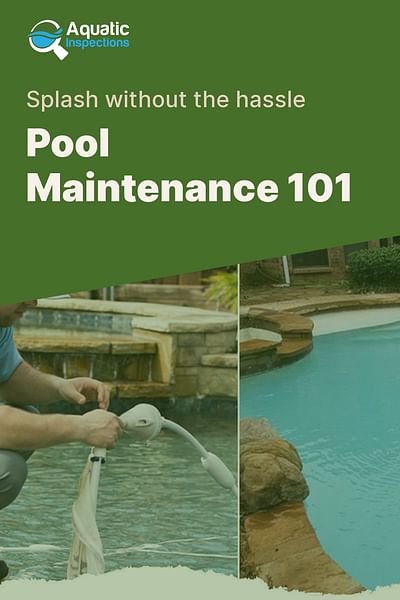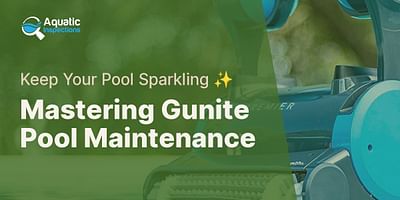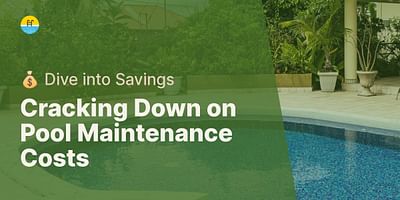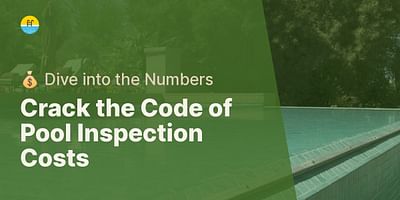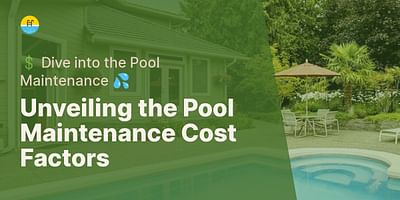Johnathan Waters is a certified pool inspector with over 15 years of experience in the field. He has a deep understanding of pool mechanics and is passionate about helping pool owners maintain their investments. Johnathan is known for his meticulous attention to detail and his ability to explain complex concepts in an easy-to-understand manner.
Maintaining a pool requires regular attention and care to ensure it stays clean, safe, and in optimal condition. The amount of maintenance required for a pool can vary depending on factors such as the size of the pool, the type of filtration system, and the climate in which you live. However, I can provide you with some general guidelines to help you understand the level of maintenance involved.
Regular Cleaning:
Regular cleaning is an essential part of pool maintenance. This includes skimming the surface of the water to remove debris such as leaves, insects, and other floating objects. Additionally, you'll need to vacuum the pool to remove dirt and debris that sinks to the bottom. The frequency of cleaning will depend on the amount of debris your pool collects, but a general rule of thumb is to clean the pool at least once a week.
Water Chemistry:
Maintaining proper water chemistry is crucial for the health and safety of swimmers, as well as the longevity of your pool equipment. This involves testing the water regularly and adjusting the chemical levels as needed. The key parameters to monitor are pH, chlorine levels, alkalinity, and calcium hardness. It's recommended to test the water at least two to three times a week, especially during the summer months when the pool is used more frequently.
Filter Maintenance:
The pool's filtration system plays a vital role in keeping the water clean and clear. It removes impurities and debris that the skimmer and vacuum may have missed. Depending on the type of filter you have (sand, cartridge, or DE), you'll need to clean or replace the filter media periodically. This can range from monthly to yearly, depending on the filter type and the amount of debris in your pool.
Inspecting and Maintaining Pool Equipment:
Regularly inspecting and maintaining your pool equipment is essential to ensure it operates efficiently and prolong its lifespan. This includes checking the pump, motor, heater, and other equipment for any signs of wear or damage. It's also important to clean out the pump and skimmer baskets regularly to prevent clogs and maintain proper water flow.
Additional Maintenance:
In addition to regular cleaning and water chemistry maintenance, there are a few other tasks you should consider to keep your pool in top condition. These include:
- Backwashing the filter: This is necessary to remove trapped debris and ensure proper filtration.
- Brushing the pool walls and floor: This helps prevent algae growth and keeps the pool surfaces clean.
- Checking and maintaining water levels: The water level should be kept at the appropriate level to ensure proper skimming and filtration.
- Winterizing the pool: If you live in an area with cold winters, you'll need to take additional steps to protect your pool during the off-season.
Conclusion:
Maintaining a pool requires regular attention and care. By following a routine cleaning schedule, monitoring water chemistry, inspecting and maintaining equipment, and performing additional maintenance tasks, you can ensure your pool stays clean, safe, and in optimal condition. If you're unsure about any aspect of pool maintenance, it's always a good idea to consult with a professional pool inspector or service provider who can provide guidance tailored to your specific pool and needs. Remember, regular maintenance not only keeps your pool looking great but also extends its lifespan, allowing you to enjoy it for years to come.



